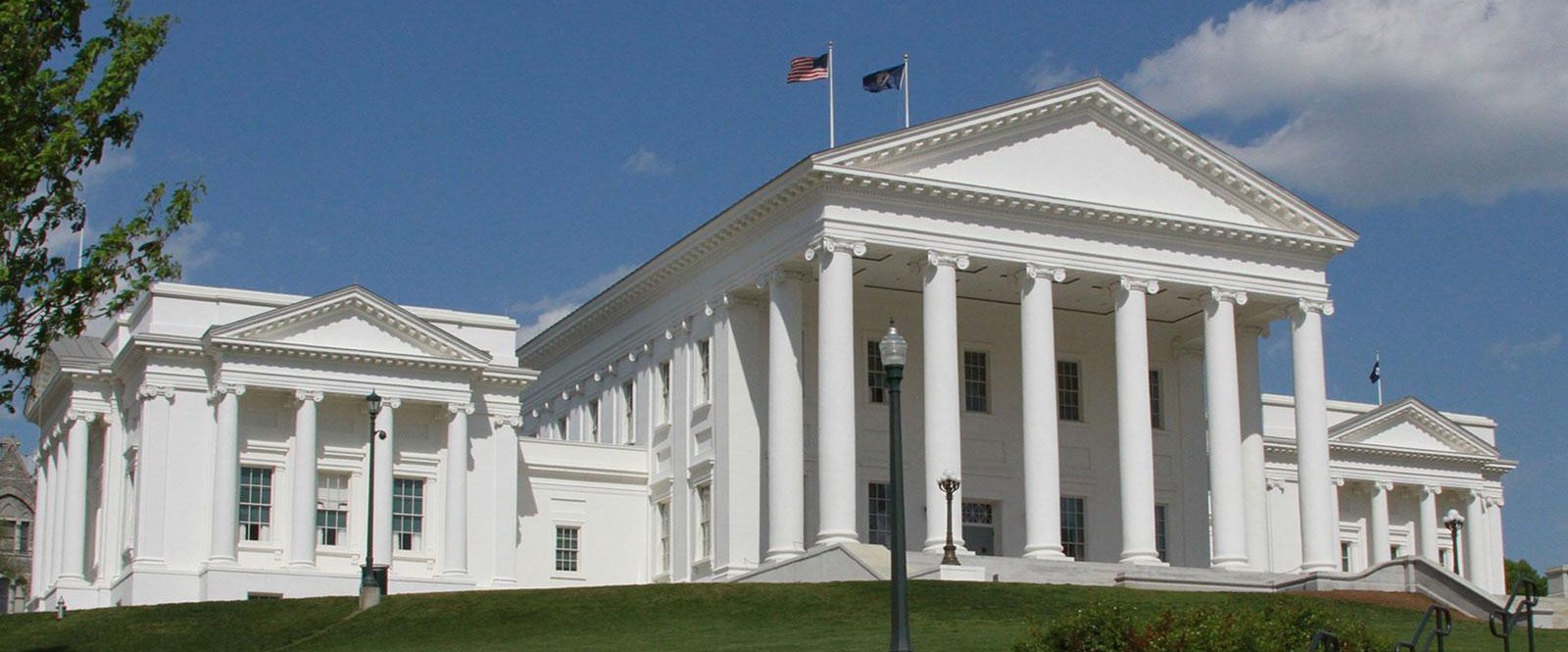“Democrats like to say that elections have consequences. They’re right, and unfortunately for businesses and families, those consequences are about to become crystal clear.” – Todd Gilbert, House Republican Leader
The Virginia House of Delegates completed its work today for the 2020 General Assembly Session. Over 2,200 pieces of legislation passed the House including a new budget for the next two years. This session, with Democrats in complete control for the first time in 20 years, produced billions in new and increased taxes, a flourish of anti-business policies, and a weakening of our criminal justice system.
Virginia entered the 2020 Session as the top-ranked state for business. Under Republican leadership, Virginia created a favorable business climate that attracted business from all over the world and led to the expansion of existing business within the Commonwealth. This session saw legislation that will drastically increase the cost of doing business. Employers will now have a significant amount of potential causes of action against them, increased state and local taxes, increased energy costs, and the uncertainty of Right to Work repeal in the 2021 Session.
“Democrats made it harder and more expensive for Virginia businesses, many of them small businesses, to hire employees and grow,” said House Republican Leader Todd Gilbert. “What we’ve seen from the Democrats in charge of the General Assembly is exactly what we warned voters about during the last campaign. The policies enacted this session highlighted the animosity the new majority has towards our job creators. It is my hope that Virginia’s economy doesn’t recoil due to these policies.”
Virginians currently enjoy a low tax burden relative to other states in the Mid-Atlantic region. Virginia’s Dillon Rule status has ensured both state and local taxes remain low and this session saw a significant increase in taxes on everyday items and on businesses whose increased costs will be felt by consumers.
“Democrats voted to raise taxes on hard-working Virginia families by nearly $2 billion,” said House Caucus Chair Kathy Byron, R-Bedford. “In addition to state tax increases, they gave local governments the authority to raise taxes by more than $500 million on meals, hotel stays, cigarettes, and plastic bags. We saw the repeal of taxpayer relief coupled with a regressive tax increase on gas and a new tax on electric car drivers, resulting in state spending being driven up by more than 20 percent.”
Virginia’s violent crime rate is currently the fourth lowest in the nation, our rate of recidivism is second lowest in the nation, and we have the second safest schools in the nation. This session saw a significant effort by Democrats to weaken our criminal justice system.
“Democrats campaigned on making our communities safer, yet the policies they enacted this year will have the opposite effect,” said House Republican Whip Jay Leftwich, R-Chesapeake. The Democrat majority made it easier for drunk drivers to stay on the road, granted eligibility for early release to violent felons — potentially including the DC sniper, and removed mandatory reporting to law enforcement of sexual battery and stalking in schools. Our Commonwealth will be less safe as these policies begin to take effect.”
The budget passed today increases spending by over $18 billion, or roughly 20%. The budget keeps the Republican initiative to freeze tuition at Virginia’s colleges and universities and provides an additional 2 percent raise for teachers — a 5 percent teacher pay raise was passed during the 2019 session. Unfortunately, much of the new spending comes from the numerous new and increased taxes. Even with the increased revenue, the Taxpayer Relief Fund was repealed in favor of higher spending.
“While this budget does continue to fund multiple Republican priorities, we have grave concerns that it establishes a level of spending that will be difficult — if not impossible — to maintain should Virginia see an economic downturn,” concluded Gilbert.
